

How the Investment Landscape is Shifting in 2022
30 May 2022
The investment landscape this 2022 is being shaped by a number of key trends. These trends include the rise of blockchain technology, the growth of artificial intelligence and machine learning, changes in the global economy, and the increasing popularity of passive investment vehicles. All of these trends will have a significant impact on how investors approach and invest in the startup industry, among many others.
Check out how the investment landscape is shifting this 2022.
More money than at any point in history is being invested into start-ups
Even though 2021 wasn’t a brilliant year for most of the world, especially where economics and geopolitics were concerned, it was a very positive twelve months for the investment landscape.
Despite the global economic shock caused by the pandemic, Pitchbook reported that Venture capital investment in Europe and Israel crossed the €100bn mark for the first time ever in 2021.
Related: Top UK Angel Investment Groups: National and Regional
Even areas like Central and Eastern Europe and the Baltic countries enjoyed a dramatic increase in VC funding, especially in the realms of IT, digital, and health. This is because, now that millions of us are remote working, the demand for technologies supporting this new lifestyle has surged dramatically. A partial result of that surge was a record-breaking peak in valuations and a phenomenal number of startups rapidly achieving unicorn status.
Other highlights of 2021 included DACH – Europe’s second-largest VC hub – investing €16.5bn in new German businesses, France investing €9.9bn (primarily thanks to its government’s support for startups in the tech arena) and a raft of startup successes in the Nordic countries, especially Sweden.
Spain and Italy did incredibly well, too, with almost 80% of Southern Europe’s VC capital going to those two countries. According to Pitchbook, Lithuania had the most significant increase in capital investment in 2021, increasing 990% to €351.2m.
All in all, it’s become clear that raising VC funds in Europe has, in the words of Yoram Wijngaarde, founder and CEO of the data intelligence platform Dealroom, “become increasingly borderless.”
Competition for capital is fiercer than ever
Despite the huge sums of money being invested into start-ups, the competition for those investment dollars is higher than ever, too.
Much of the investment we saw in 2021 was into “mega-rounds” of $100m or more – driven by the likes of hedge funds muscling in on the VC space.
In fact, the number of pre-seed deals in Europe has been steadily declining since 2016, and when it came to raising European VC funds at the pre-seed stage, many startups found 2021 more competitive than ever.
As of the third-quarter of 2021; 1,800 pre-seed deals have been lost every year in Europe, as investor appetite shifted towards later stage deals.
This means that first-time founders are finding it increasingly difficult to raise their first round of pre-seed stage capital. If you’re one of those first-time founders looking to raise pre-seed investment, it would be understandable to feel concerned about that trend.
However, please remember that raising investment was never easy – on average just 1% of founders succeed in closing a round – so while it may be a bit tougher out there at an early stage, it’s still the case that only the very best and most prepared founders succeed.
There is now more reason than ever for you to get your funding assets in place and position yourself as an investable entrepreneur. There are still plenty of pre-seed UK, European and US investors out there who will want to support you if you dazzle them with a brilliant product or service, a perfect pitch, and can prove to them you’ve done your homework.
The outlook for 2022
In the first quarter of 2022, VC investment in European startups reached the second-highest quarter on record: $29.8bn, according to the business information platform, Crunchbase.
This is despite the fact that globally and in North America, Q1 2022 investment fell compared to Q4 2021. That fall was partly due to the dip in the value of public technology stocks.
Europe was able to buck that trend because, as a growing venture market with a less developed late-stage funding market, it offers global growth investors exciting new opportunities to reap rewards.
The UK led Q1 early-stage funding in Europe, closely followed by France and Germany, and then the Netherlands, Switzerland, and Spain.
What’s exciting is that early-stage funding in Europe for Q1 2022 was $9.4bn, a massive 50% year-over-year increase from Q1 2021 – demonstrating a move in investor sentiment towards earlier stage funding and a loss in appetite in ‘mega-rounds’ as VCs adjust their plans to the changing economic conditions.
This is backed up by Dan Boyer of SuperSeed VC who said:
“75% of last year’s investment cash was what we call tourist cash, so non-traditional VC, i.e. Hedge funds, PE, CVCs and others. Does this retraction in cash matter to you? No. As VCs we must fill the hopper at seed & pre-seed – so this is great for you. If we don’t, there’s nothing [for us] to invest in tomorrow.”
Meanwhile, seed-stage startups in Europe raised $2.1bn in Q1 2022 across more than 1,000 companies. In total, the size of seed and angel venture deals reached a combined value of $10.3bn globally, which is a significant increase over previous results.
So, the early signs are that investor sentiment is shifting away from mega rounds and towards earlier stage funding. In 2022, we would expect total investment value to be less than 2022 (we are going to see fewer $100m+ mega rounds than 2021) but are currently on course for a resurgence in early-stage deals.
Angels see safety in numbers
Economic uncertainty in Europe, plus the war in Ukraine, seems to have sparked uncertainty in the angel investor community. More and more active angels are opting to invest their resources into angel syndicates and platforms because it lowers their risk, rewards their profile, and helps to diversify their wealth portfolios.
This is potentially excellent news for early-stage startups looking to raise angel investment. By leveraging angel groups, investors can de-risk the investment opportunity, and founders can access a broad range of expertise and advice to support their growth.
SEIS and EIS funds are, as ever, going to play an important role in the UK investment ecosystem and will become an increasingly powerful tool for accessing capital at an early stage.
Valuations are being reset
Investors are taking the current economic situation as an opportunity to reset start-up valuations. 2021 saw a massive increase in valuations – pricing many investors out of the market and making it difficult for many to envisage a potential return.
With a reduction in mega-rounds at mind-boggling valuations, VCs are now able to re-set the price back to pre-2021 levels. This, while benefiting investors, does also bring many investors priced out of the market in recent years back into the fold.
The headlines will undoubtedly be “a fall in Unicorn creation across Europe”, but the reality is that many of the unicorns created in the past 18 months will struggle to sustain that lofty valuation and were overvalued to begin with.
As a result of this valuation shift, we’re starting to see experienced investors – who we may have previously deemed “inactive” due to an 18 month break in investing – start to close some deals.
It looks like a wave of more experienced angel investors, who were not willing to get caught up in the valuation inflation of 2021, are coming back onto the scene. This is only good news for early-stage founders as it creates more supply of early-stage capital into the market.
Investors expect “real” business models
Gone are the days of “build it and they will come” philosophies. The days of business strategies where the focus is on grabbing market share with no concern for profitability are over.
Investors want to see a clear path to profitability in as few investment rounds as possible. To a large extent, this has always been the case with Angel Investors, so very little changes to the advice we’ve always given Pre-seed and Seed stage founders.
However, this sentiment has been echoed by VC firms, large and small. So, when raising your Series A round and beyond, you very much need the financial narrative to be focused on profitability – not the tale of “smash and grab” of years gone by.
The bottom line
2022 is shaping up to be an exciting year for early-stage funding. We may not see 2022 being a record-breaking year (2021 is a huge target to hit), but we do feel that 2022 will be one of the best years on record across Europe.
In fact, a drop of 50% in funding dollars would still see 2022 be the second largest year on record for European funding – so there is no shortage of capital for you to access and no cause for concern.
Yes, there are some changes you will need to adapt to – but the removal of meg-rounds from the eco-system and the reduction in “tourist” cash (as Ban Bowyer puts it) from the ecosystem is no bad thing.
But be warned, things are about to get more competitive than ever, and investors are back to their tried and tested approaches of 2017-2019, rather than the “American” style attitude towards investment we saw building in the last 24 months.
But the truth is, raising investment is tough. It’s always been tough, and it will continue to be tough. Only the very best founders – the “Investable Entrepreneurs” – will close their deals and join the exclusive club of funded founders.
To give yourself the very best chance of achieving that goal, download a free copy of Robot Mascot COO James Church’s bestselling book Investable Entrepreneur.
UP NEXT:
Raising Pre-seed Investment: How to Prove Your Concept to Investors
The Four Key Questions Investors Will Ask You
Copying a U.S. Startup Pitch Will Set You up for Failure – Here’s Why
Learn how to convince investors
Investable Entrepreneur takes you through our winning methodology – the process we use to increase our client’s chances of raising investment by more than 30x.
“This book will help you translate your entrepreneurial vision into something investors can get behind.”
Daniel Priestley, CEO and founder, Dent Global and four times best-selling business author
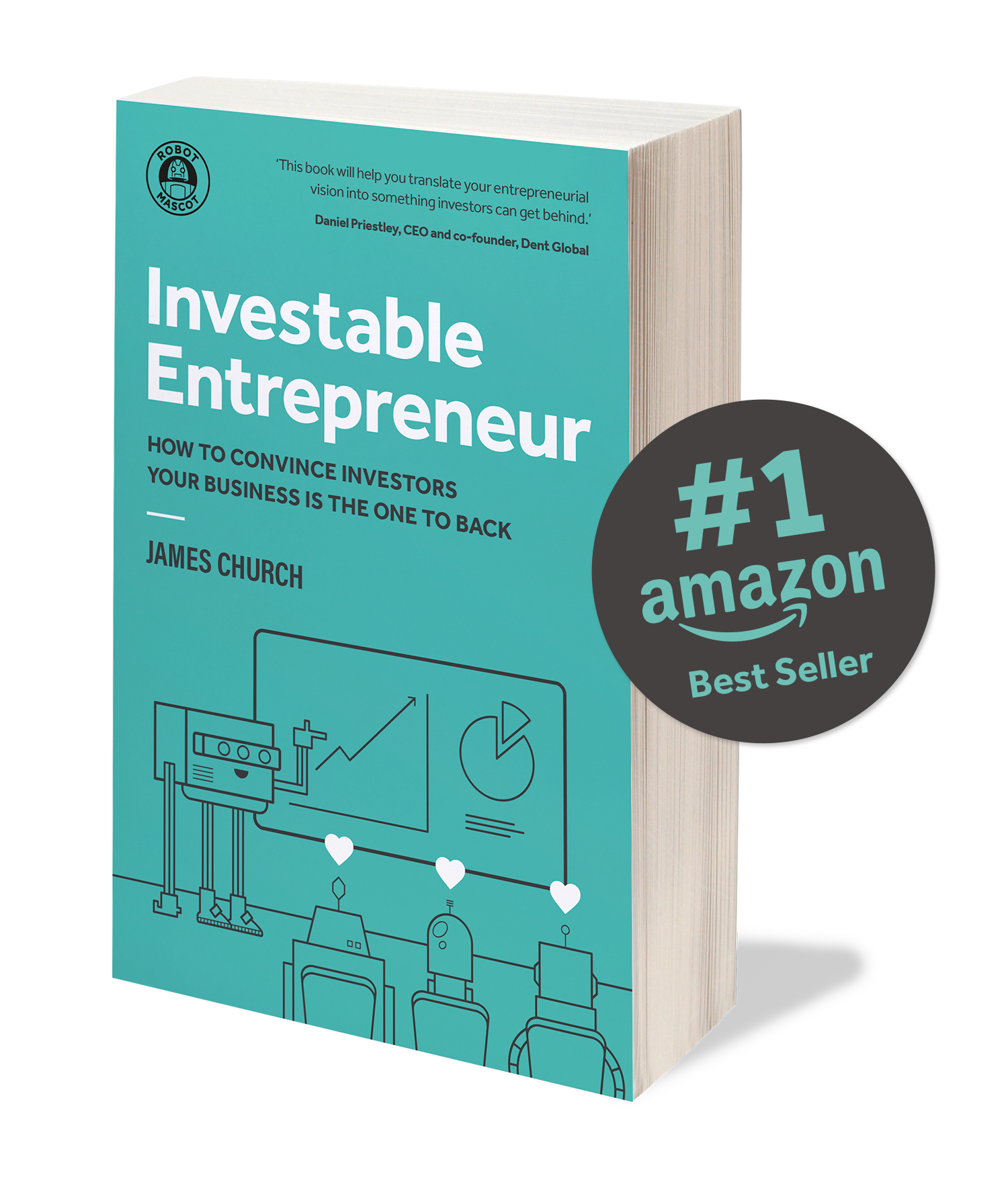
Keep up to date with what we’re up to via email
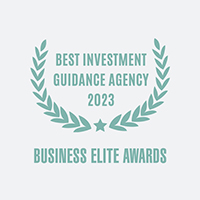
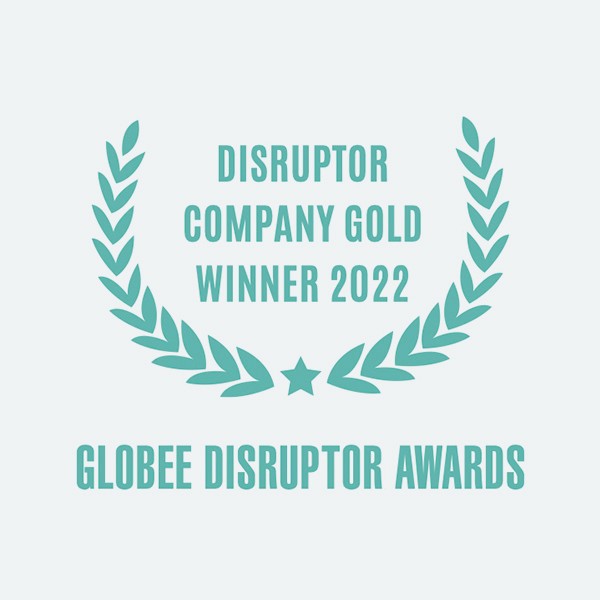
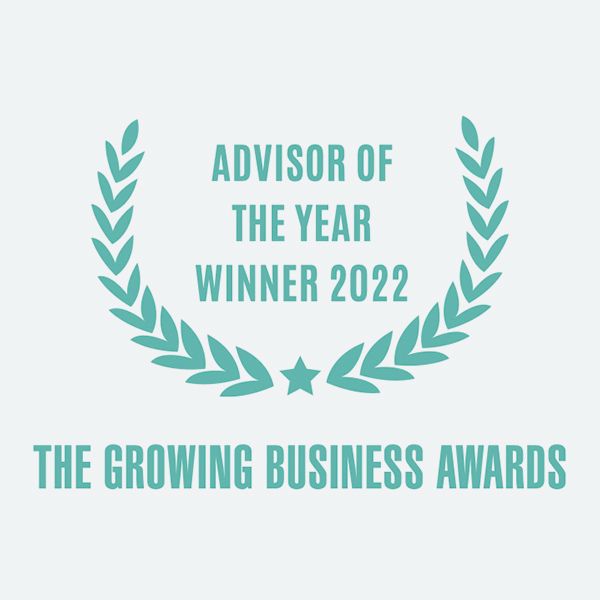
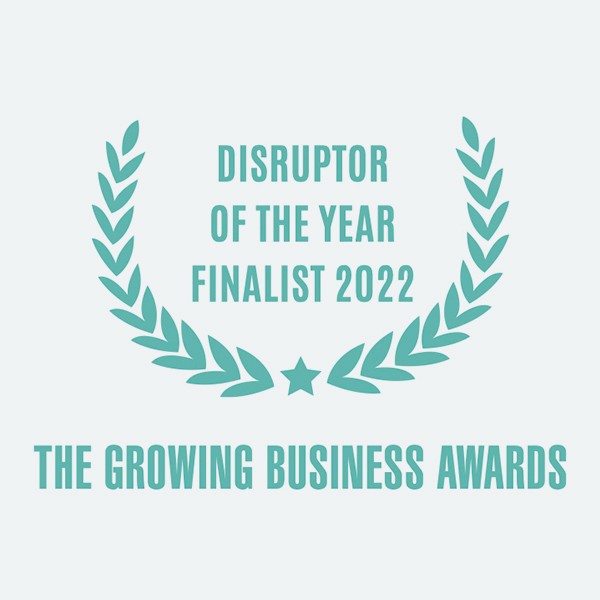
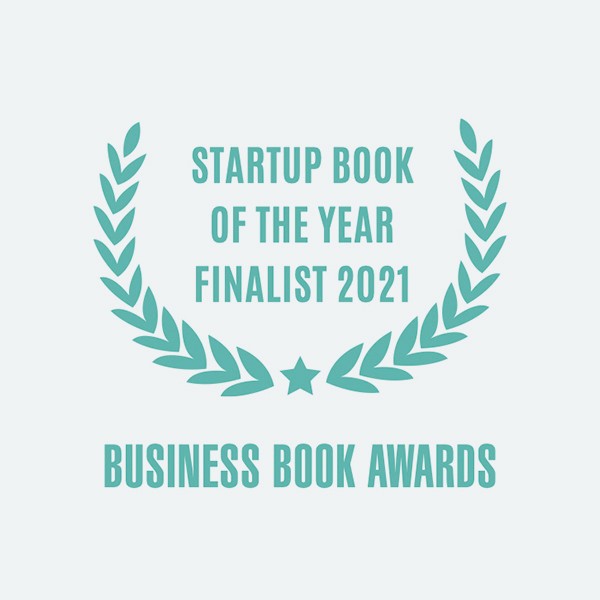

Copyright ©Robot Mascot Ltd. All rights reserved.








